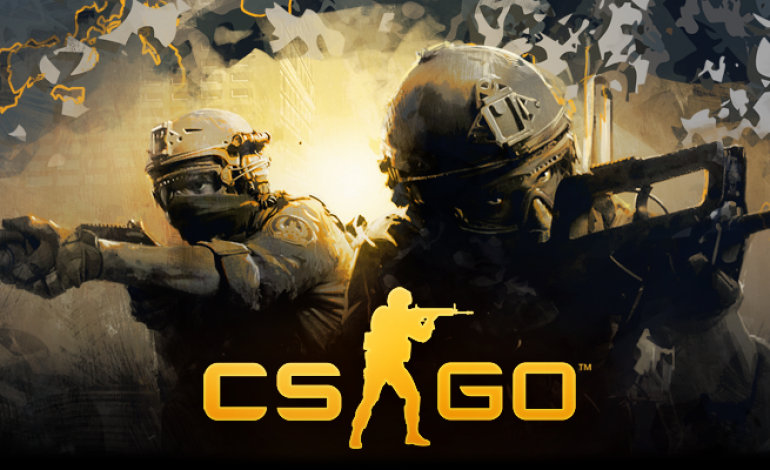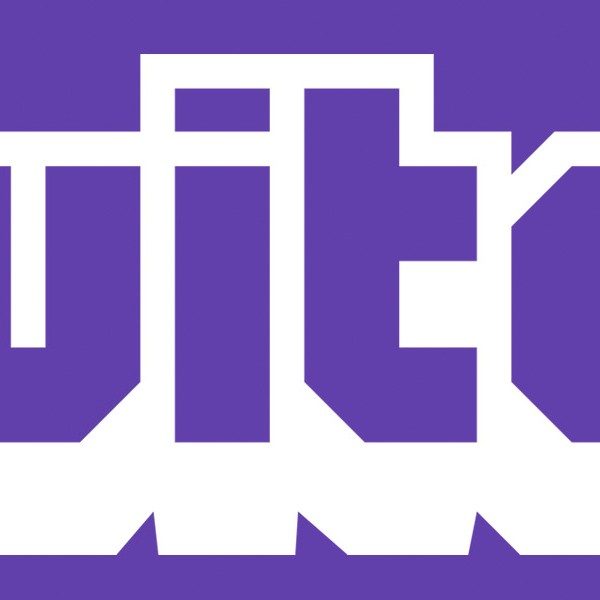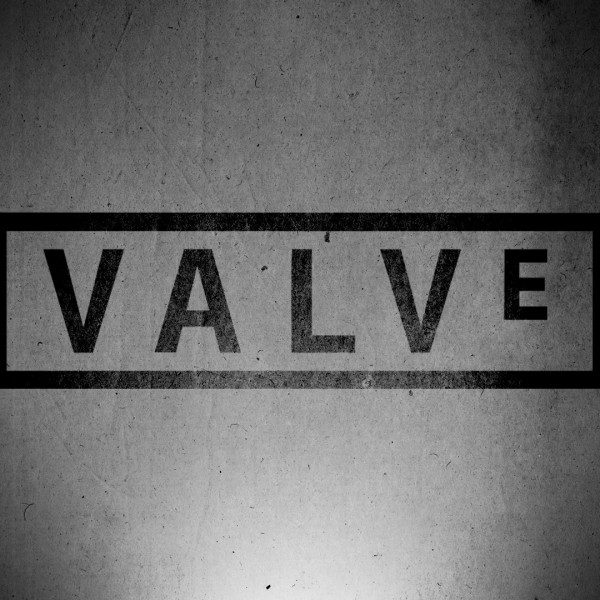

Last week, on July 4th, two YouTube celebrities were exposed in illegal operations involving online gambling and Valve’s popular online arena shooter, CounterStrike: Global Offensive by an online video detailing their operation. The original coverage of this story by Carlos Barragan can be found here.
You should visit the full article if you are unfamiliar with the incident thus far, but here is a synopsis if you are short for time.
Tom “ProSyndicate” Cassell and Trevor “Tmartin” Martin are content creators using YouTube and Twitch gaming channels to feature strategies and success videos for the online gambling site CSGO Lotto. However, an investigative video produced by h3h3Productions revealed that not only do Cassell and Martin promote their subscribers to gamble using CSGO Lotto, they are also the dual-proprietors of the very website they feature, lacking any disclosure agreement posted onto their videos. The online gambling industry is booming, boasting $2.3 billion in online bets, which has gamers reasonably upset that the pair used deception to massively profit on their subscribers. This has led to a class action lawsuit against the duo for illegal gambling operations. Following the lawsuit, there have been branching investigations into other companies which might have a stake in the online gambling ring, such as the streaming platform Twitch, as well as the game’s creator, Valve. Valve has since then also been linked to the lawsuit as a co-defendant.
Now, the next chapter unfolds as the aforementioned companies are now backpedaling to discharge any notion of collusion with the online gambling enterprise.
Valve fired first, claiming that it would pursue any gambling sites using its Steam OpenID software. The software allows users to link their Steam profile to 3rd part sites, allowing them access to your game statistics and item inventory. The first round of cease and desist notices were sent yesterday. Valve business developer Erik Johnson had this comment, posted through the Steam news page:
Using the OpenID API and making the same web calls as Steam users to run a gambling business is not allowed by our API nor our user agreements. We are going to start sending notices to these sites requesting they cease operations through Steam, and further pursue the matter as necessary. Users should probably consider this information as they manage their in-game item inventory and trade activity.
Valve’s post-investigation stance will target websites such as CSGO Lotto, CSGOFAST, and CSGO Diamonds, which has been, “down for maintenance” for some time, at the time of writing.
Twitch followed up by banning any and all broadcasts of gambling in not only CS:GO, but also other popular Valve titles such as Dota 2. Twitch then released a statement on its website following Valve’s:
As a reminder, per Twitch’s Terms of Service, broadcasters are not permitted to stream content that breaks the terms of service or user agreements of third-parties. As such, content in which the broadcaster uses or promotes services that violate Valve’s stated restrictions is prohibited on Twitch. Our Rules of Conduct lists other examples such as playing pirated games and playing on unauthorized private servers.
Twitch might be distancing itself from the issue, but it is unknown whether it will have an effect on the their inclusion in the lawsuit.
Cassell and Martin continue to publish content on their YouTube channels and social media platforms. They have since transferred their focus away from CS:GO and towards other games in order to not reignite the social media backlash that has since settled.
There is sure to be many developments on the trial, as well as the implications this has for 3rd applications, such as online trading and streaming, so check back frequently for updates.
Play games, take surveys and take advantage of special offers to help support mxdwn.
Every dollar helps keep the content you love coming every single day.


